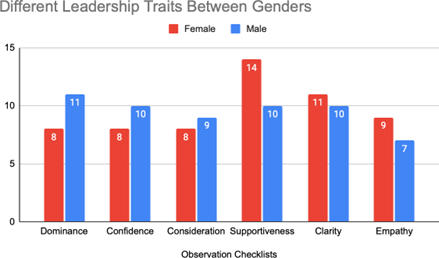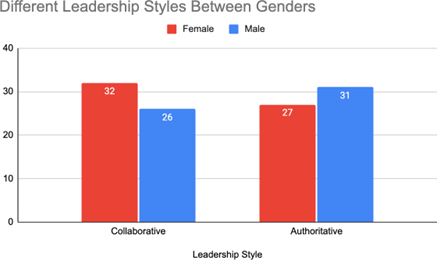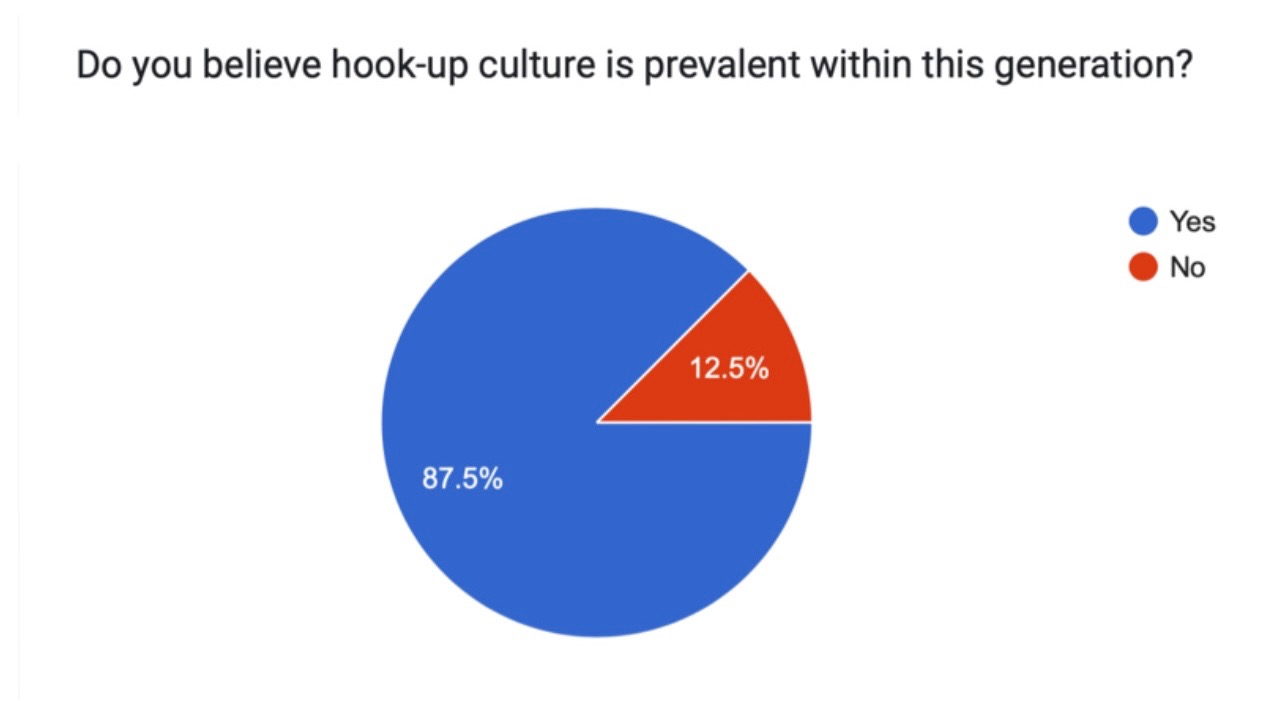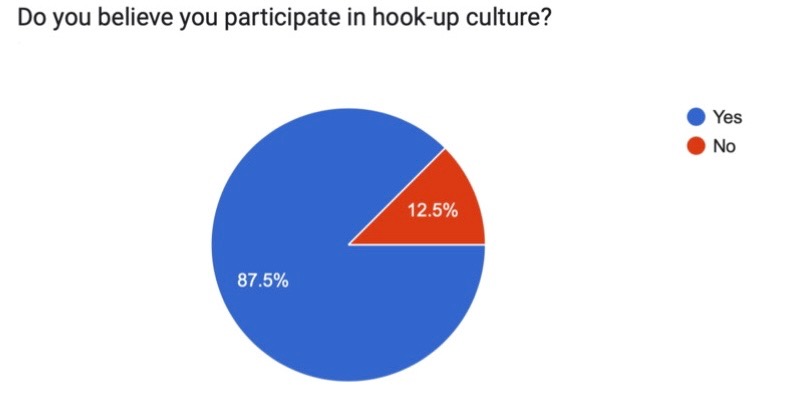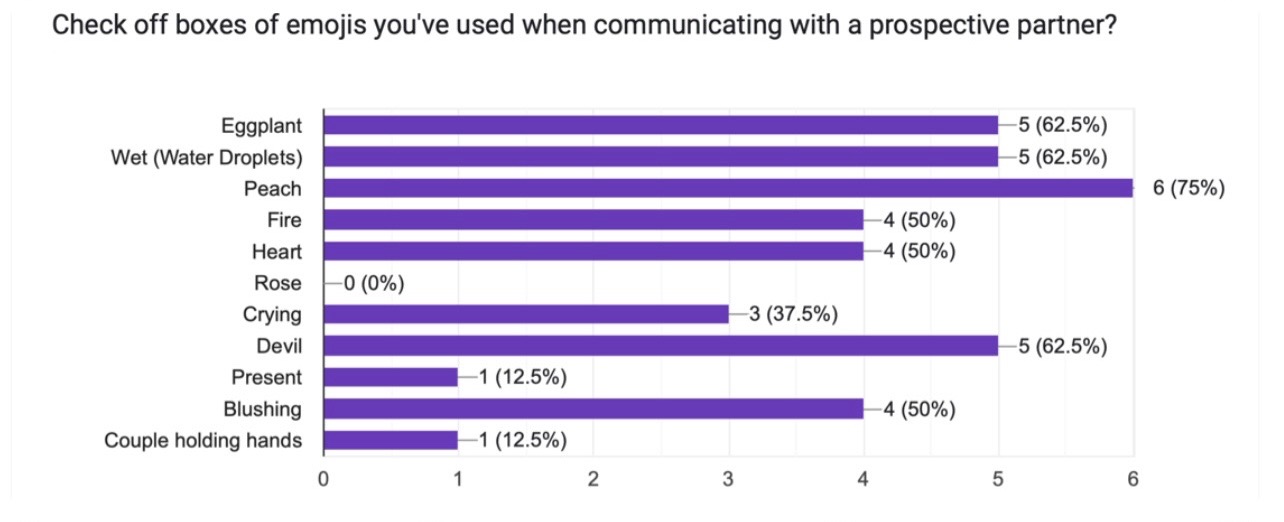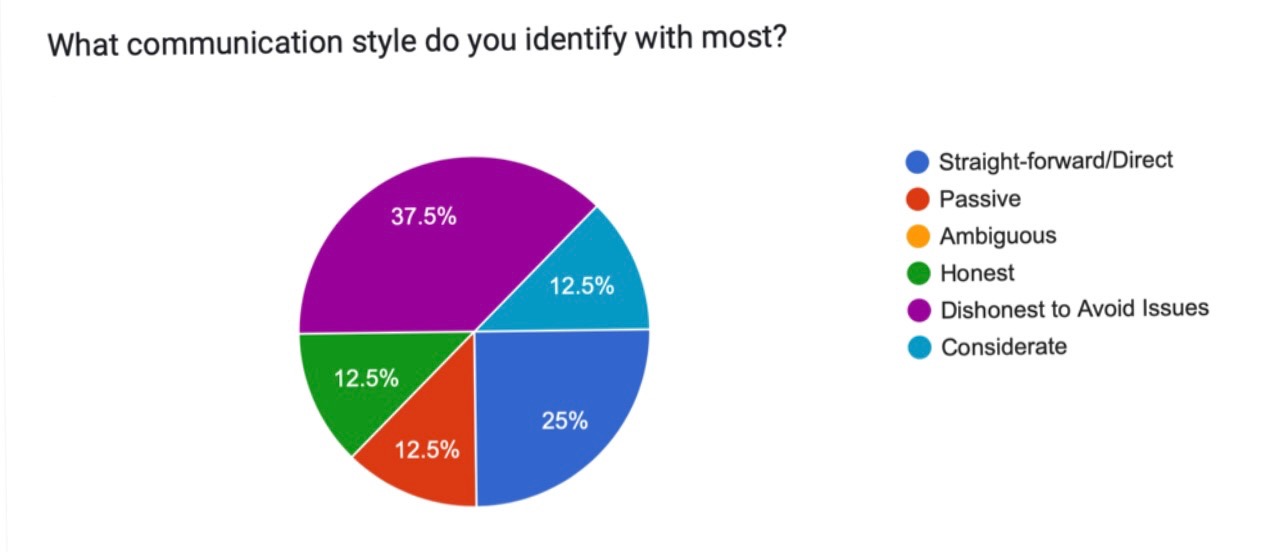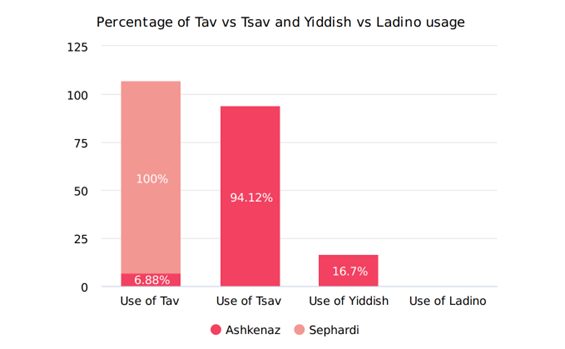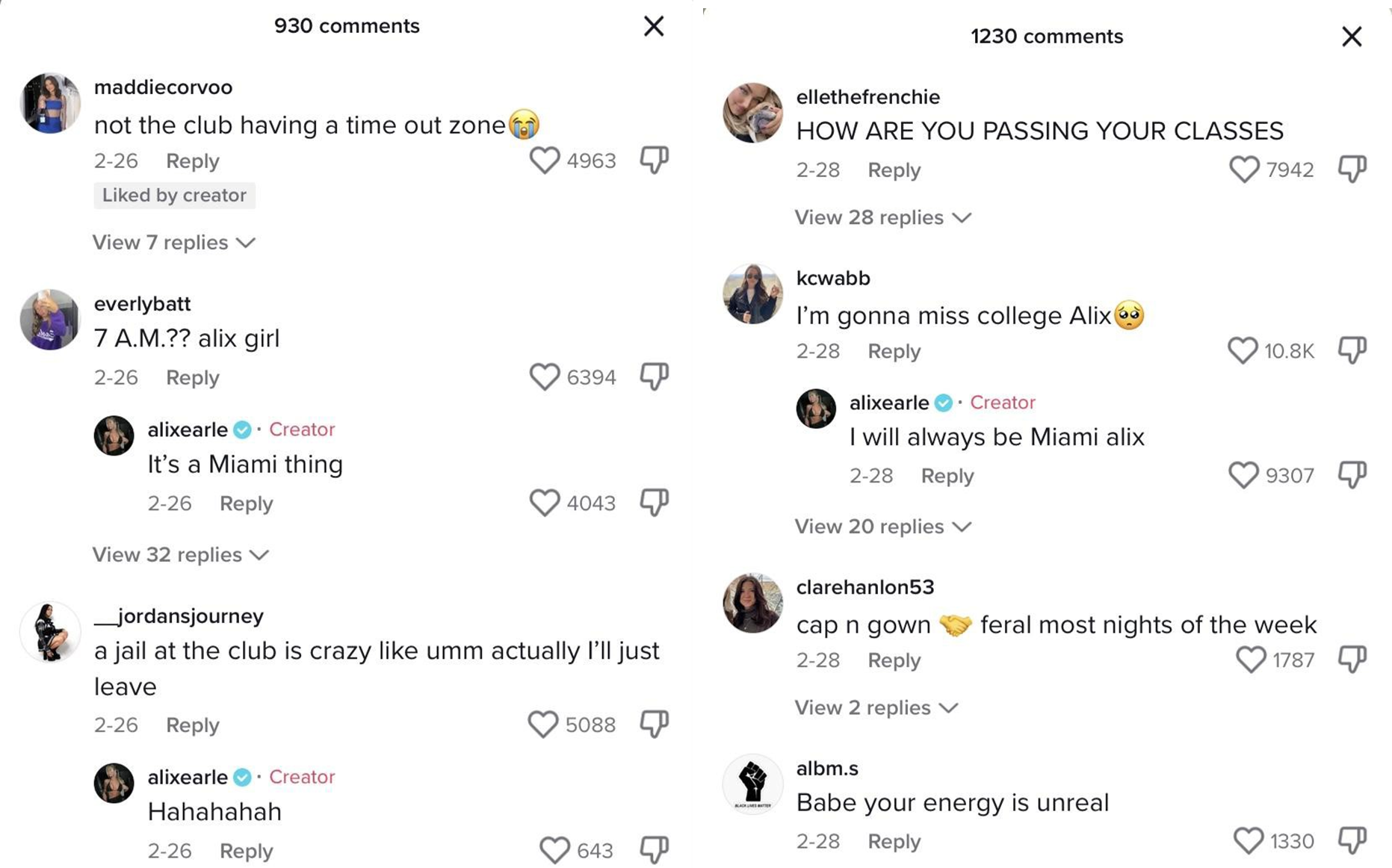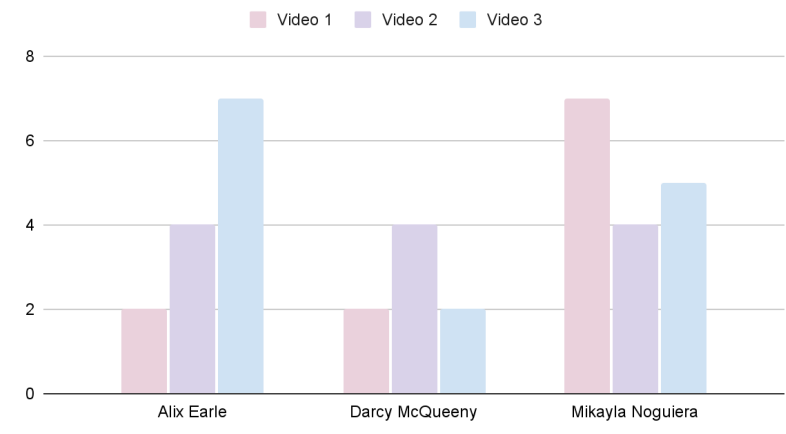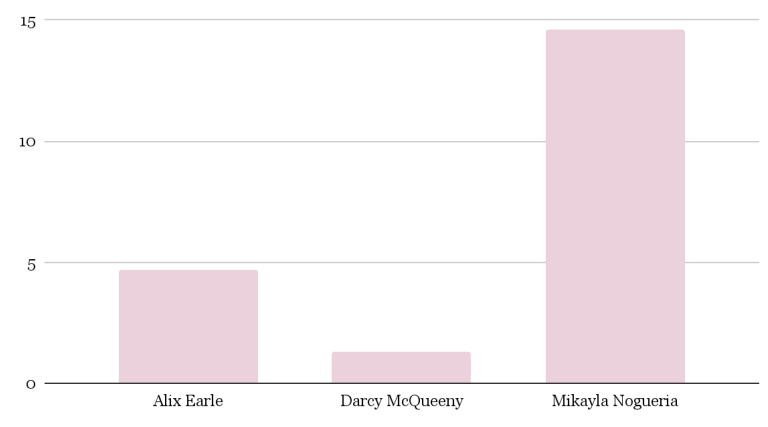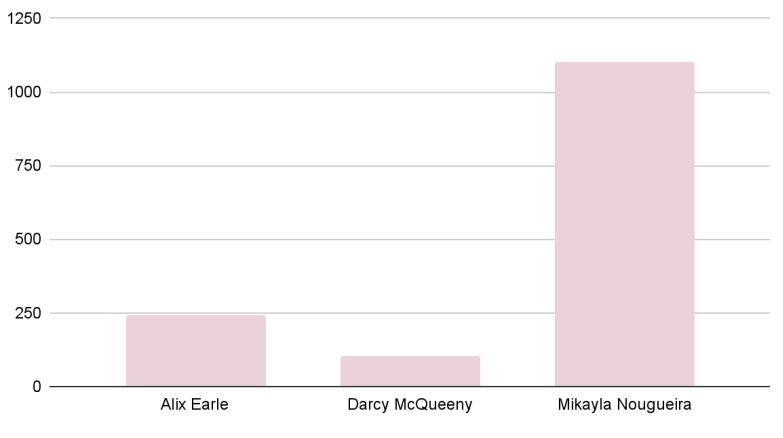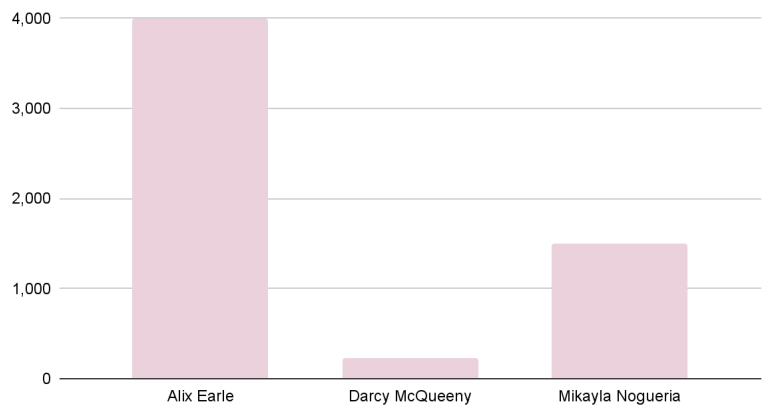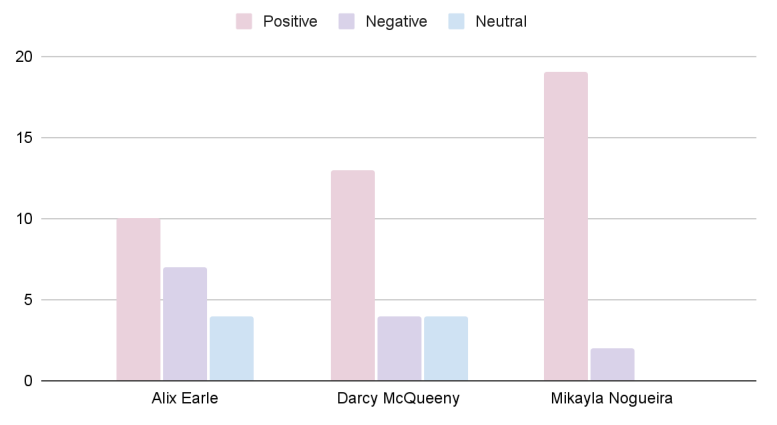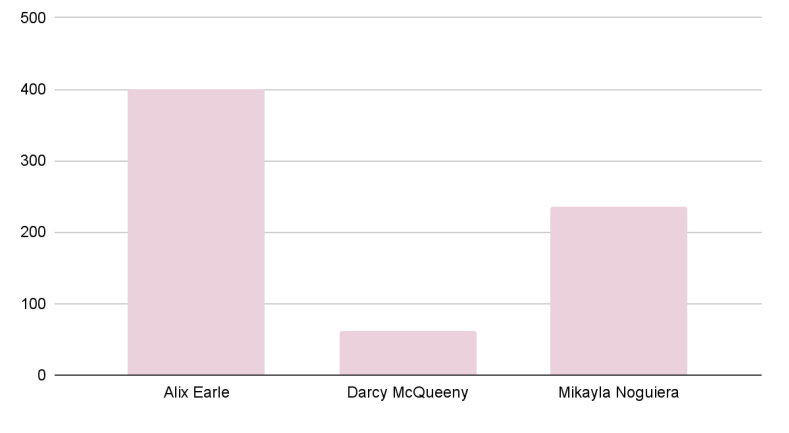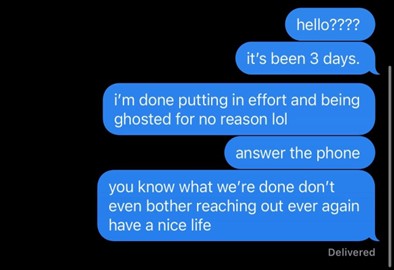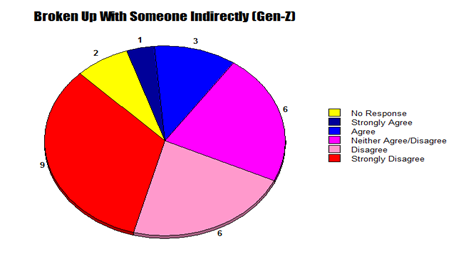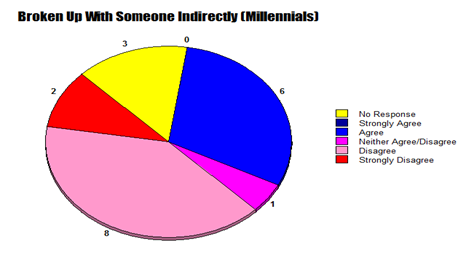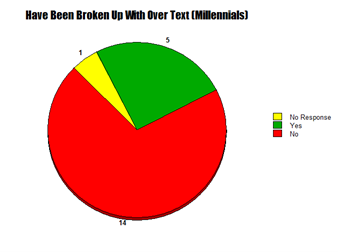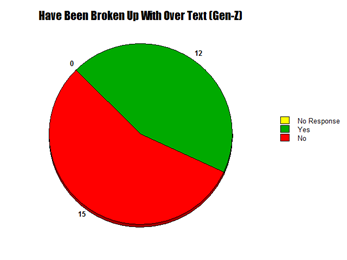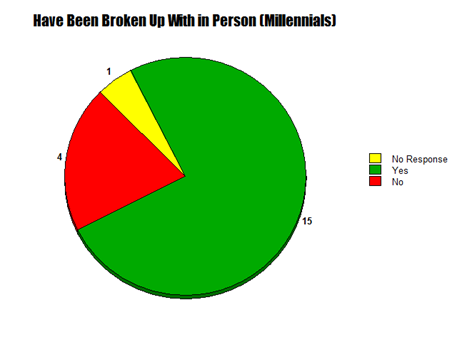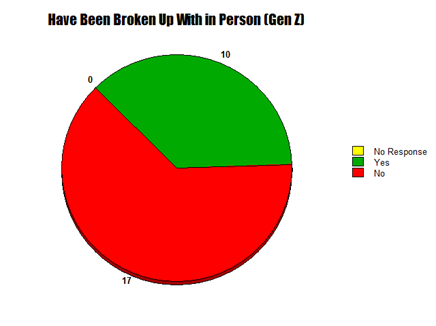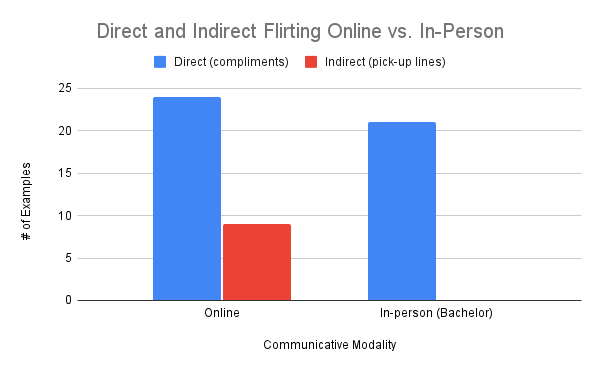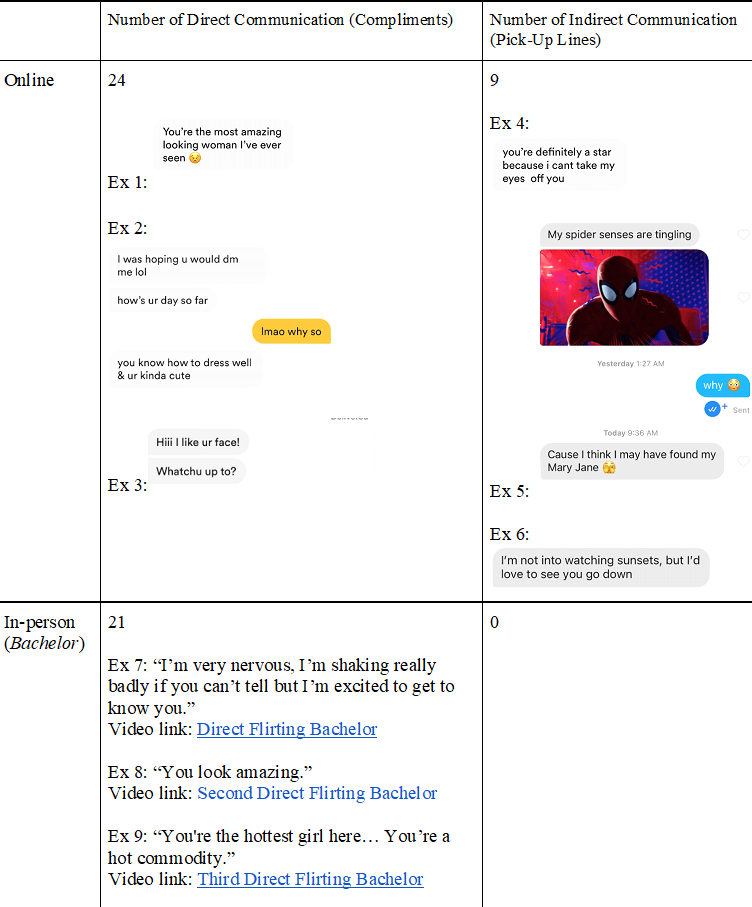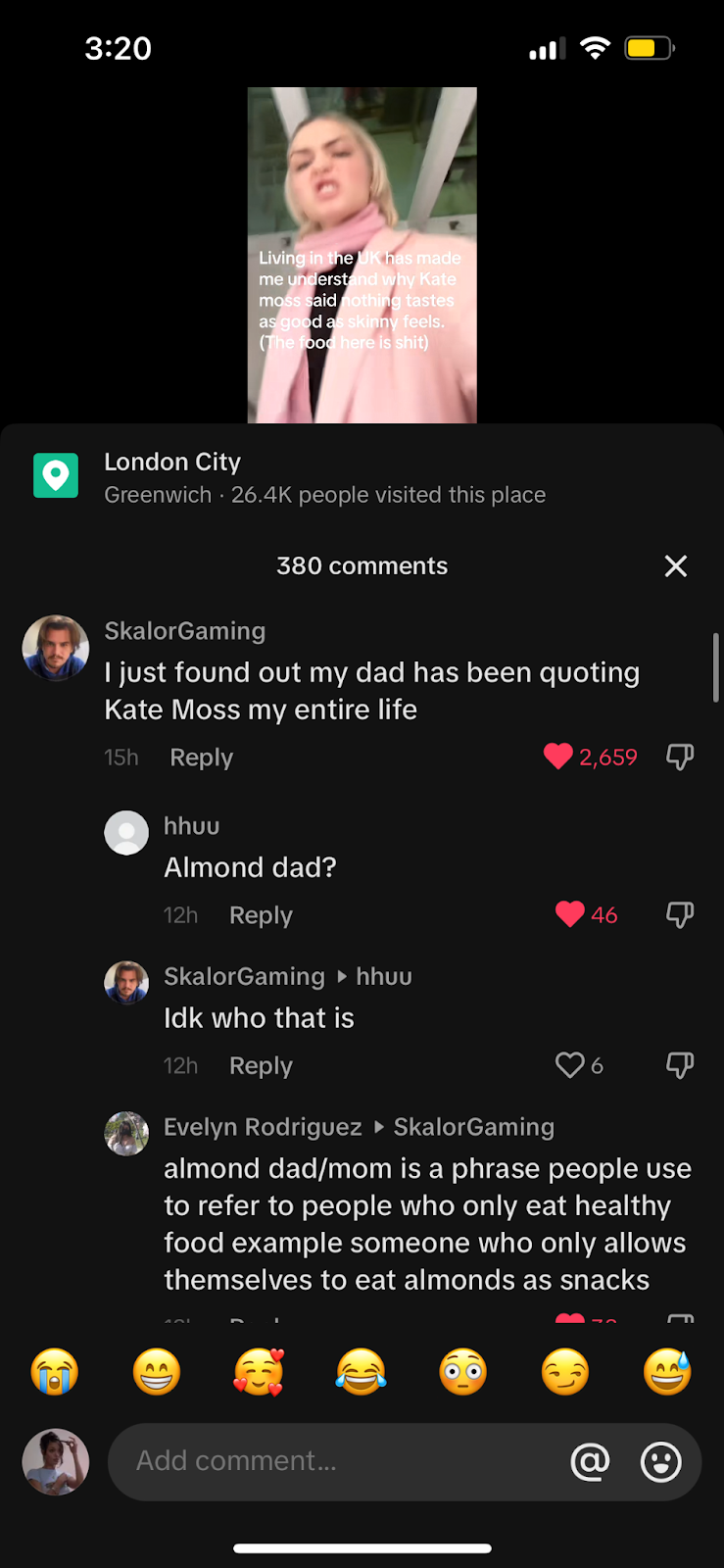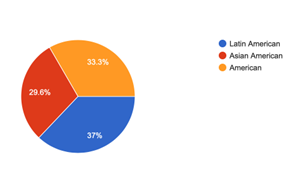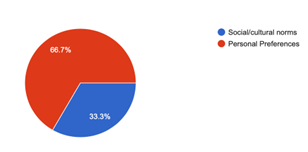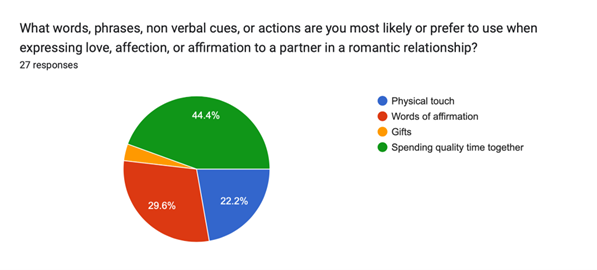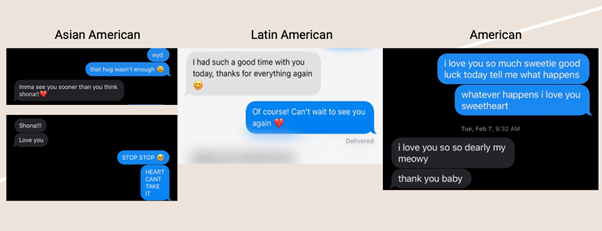The Impact of Social Media on Romantic Relationships
Chloë Chavez, Sydney Weissman, Ashley Paras, Alejandro Valdez
Interacting on social media is nothing new. We’ve all felt, or at least have heard of people in romantic relationships interacting with others on these platforms, and how it can create feelings of jealousy or uncertainty. Commenting and liking other people’s posts and direct messages could be seen as factors as to why these feelings could become relevant and cause problems in a relationship. We believe that romantic relationships showing behaviors such as these, on other people’s posts besides their partners will cause conflict and negatively affect the overall relationship. An anonymous survey was administered to UCLA students, ages 18-25, that asked whether or not communication online affected how they viewed or felt about their romantic relationships, as well as asking if arguments had ever occurred due to social media engagement. The results were interesting and said a lot about this generation’s relationship with social media.
Introduction
At the base of this research project is the proposal of how communicative behaviors used on social media negatively impact romantic relationships. Our research is narrowly focusing on behavior patterns on social media, and how expressing attention to other people can oftentimes cause jealousy and conflict. The online portrayal of relationships is nothing new, and therefore relevant in nearly all of Gen-Z’s everyday lives. Our research question reads: do online behaviors, such as liking and commenting on others’ posts, direct messaging, and overall online engagement cause jealousy and conflict in romantic relationships? Communication via social media affects our interpersonal relationships, and we hypothesize that online behaviors can cause jealousy and conflict in romantic relationships.
Background
The constant pressure social media holds on individuals and relationships may predicate feelings of jealousy, comparison, low self-concept, envy, and suspicion. Prior research has indicated that social media triggers jealousy and feelings of uncertainty, even when danger is not present (Frampton, Fox, 2018). Altering linguistic norms with different people, (i.e. in a relationship) and using style-shifting is necessary not only in person but also on social media to maintain a healthy relationship.
When going into a relationship with no feelings of paranoia or doubt, social media’s presence only heightened attachment anxiety, feelings of jealousy, and misunderstanding (Sullivan, 2021). Thus, research has shown that language used within social media impacts those within a romantic relationship negatively. Comments, likes, and direct messaging are common sociolinguistic indicators that can work in favor or against relationships.
Methods
An anonymous survey conducted a cross-sectional study at the University of California, Los Angeles. This study was completely voluntary. Participants were UCLA students in a relationship, between 18-25 years old. The study was created on Google forms and links were distributed online through social media platforms and text messages. By sending out open-ended, Likert scale, and multiple choice questions we collected data regarding behaviors shown on social media platforms. With the knowledge that indexical variables include words that change their meaning based on the context used, this study was designed to answer the wider question- how do communicative behaviors via social media (comments, likes, direct messages) impact romantic relationships? Apart from hosting the online survey, a collection of organized data based on predefined research, methodology, graphs, and qualified questions provided by researchers in the past 10 years led the new study. When wanting to discover more about the effects social media has on romantic relationships, we observed the different communicative behaviors used on social media.
Results and Analysis
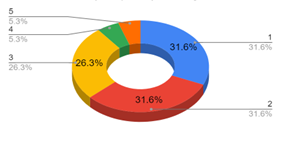
This question had a point scale of 1 to 5, with 1 being “not frequently” and 5 being “very often.” As seen in Figure 1, participants reported that they never or rarely post their partner, with only two individuals selecting choices ‘4’ and ‘5’. Option ‘1’ and ‘2’ received an equal proportion (31.6), with the median receiving a percentage of 26.3.
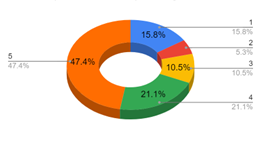
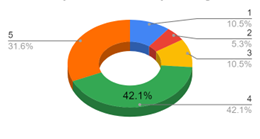
Both data charts, Figures 2 and 3, are critical for our study since they disprove our hypothesis that showing affection for someone other than our significant other through social media might encourage sentiments of jealousy among couples. Figure 2 had a point scale ranging from 1-5, with one being “not happy” and five being “happy.” Figure 3 was scored on a 1-5 scale, with 1 being “uncomfortable/angry” and 5 being “don’t mind.” More than half of the participants answered a ‘4’ or a ‘5,’ demonstrating that this type of behavior (affection for others via social media) does not promote jealousy.
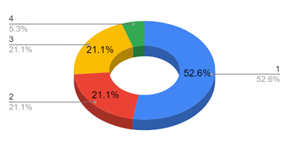
Figure 4: Has engagement on social media (you commenting on others’ posts, liking a post, story reactions, direct messaging) ever instigated an argument between you and your partner?
This data is also important for our hypothesis because it disproves it. Figure 4 used a point scale of 1-5, with 1 indicating “never” and 5 indicating “frequently.” More than half of those in the survey said social media had never caused an argument in their relationship.
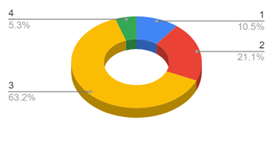
Figure 5 used a 1-5 point scale, with 1 being “not happy” and 5 being “happy.” There’s a large percentage of responses in the median range in this data. This might imply that they are indifferent to their partner’s actions on social media. In this chart, participants who chose ‘3’ remain neutral which portrays neutrality in response to their partner liking others’ posts. Participants may also perceive conversations about feelings of jealousy to be more casual than the conversation being a conflict.
Discussion
After analyzing our results from survey responses and screenshots, we found that the data did not support our overall hypothesis that behavior on social media caused conflict amongst romantic partners. Through a series of questions, the majority of participants revealed that their partners did not post about their significant other often, which correlated with the trend that most participants responded that social media engagement does not cause conflict in their relationships. This also correlates to the question regarding individuals in a relationship commenting on others’ posts or direct messaging others on social media. Most of our respondents revealed that they were unaffected and did not care about partners engaging in these behaviors. Despite social media potentially increasing jealousy and conflict based on prior research, our studies show that romantic relationships are not negatively impacted by user involvement on social media. Rather than conflict arising, feelings of anxiety were reported. Screenshots gathered from our data were exchanges of texts not demonstrating a conflict, but rather how social media instigates feelings of anxiety. Thus, comments and direct messages are elements of communication that we presumed would indicate affection toward another person that would cause arguments and jealousy.
Limitations
While our data does not support our hypothesis, there are limitations to our study that may have influenced the results gathered. Participants may have been reluctant to share the absolute truth for fear that the survey was not completely anonymous. Some partners in a relationship strive for perfection and hide all aspects of their relationship that could taint the views that people have of them. Additionally, people may not be comfortable admitting that they experience conflicts in their relations because of social media. This also ties into the idea of relationships having different perspectives toward the parameters that define conflict. There are different severities of conflict, and couples may differ on what is considered a conflict versus a simple discussion. Lastly, the struggle to gain responses on our survey may skew our results as our sample size is not large enough to make generalizations about an entire population size. While we had nineteen respondents, these may have all been couples that have sufficient communication with their partner, limiting the arguments that exist from social media. However, if the survey had more respondents, we could have conducted a more concrete generalization in response to how social media impacts romantic relations in the realms of jealousy and conflict through linguistic exchanges.
Future Studies
Future studies could expand on this topic and focus more on elements of communication that impact face-to-face communication among romantic partners. This can include factors such as the difference between masculine and feminine communication styles and how these aspects of language affect romantic relationships. Further, looking at the difference in communication between genders would be a future study that could aid in understanding more in-depth the effect communication online has on our relationships.
References
Abbasi, I. S. (2018). Social Media and committed relationships: What factors make our romantic relationship vulnerable? Social Science Computer Review, 37(3), 425–434. https://doi.org/10.1177/0894439318770609
Arikewuyo, A. O., Lasisi, T. T., Abdulbaqi, S. S., Omoloso, A. I., & Arikewuyo, H. O. (2020). Evaluating the use of social media in escalating conflicts in romantic relationships. Journal of Public Affairs, 22(1). https://doi.org/10.1002/pa.2331
Beaukboom, C. & Utz, S. (2011). The Role of Social Network Sites in Romantic Relationships: Effects on Jealousy and Relationship Happiness. Journal of Computer-Mediated Communication, 16(4). 511-527.
Frampton, & Fox, J. (2018). Social Media’s Role in Romantic Partners’ Retroactive Jealousy: Social Comparison, Uncertainty, and Information Seeking. Social Media + Society, 4(3), 205630511880031–. https://doi.org/10.1177/2056305118800317
Sullivan, K. T. (2021). Attachment Style and Jealousy in the Digital Age: Do Attitudes About Online Communication Matter? Frontiers in Psychology, 12, 678542–678542. https://doi.org/10.3389/fpsyg.2021
Appendix
Are there social media rules for relationships?
